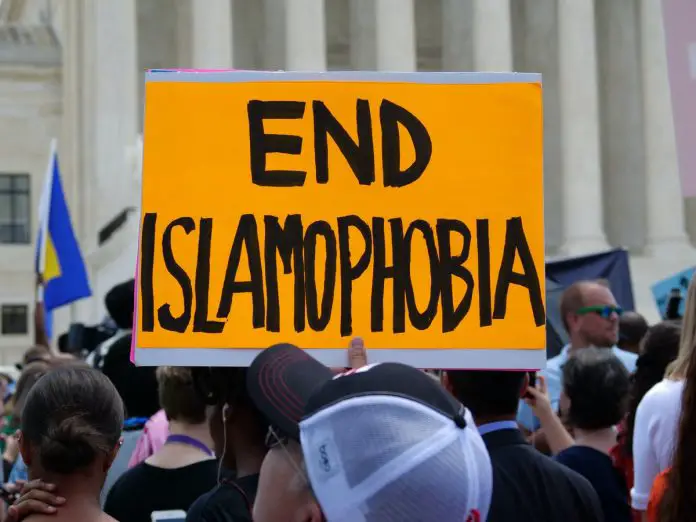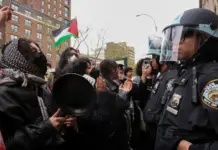People of colour came forward with their post 9/11 experiences on Saturday, which marked the 20th anniversary of the terror attack in New York that launched the War on Terror in Afghanistan.
On September 11, 2001, Al-Qaeda hijacked four commercial planes and flew two of them into the World Trade Centre (WTC) in commercially dense Manhattan. The third plane hit the US Pentagon, while the fourth attack was foiled after passengers resisted the hijackers and diverted the plane from the intended target of the US Capitol. Following the attack, the US launched a two-decade long war on Afghanistan, where the attack’s mastermind Osama bin Laden had gone into hiding.
Social media was flooded with memories and tributes to rescue workers, but several people described how they faced discrimination after the attack. Journalist Sasha Kalra said that everyone had stories to share but he only had memories of being bullied and called a ‘terrorist’ after 9/11.
Kalra wasn’t the only one who recalled being called a terrorist. Shahbaz Khan, director digital content for the Minnesota Timberwolves basketball team said he was shoved to the ground during recess and called ‘Osama’ by his junior at school.
Another user detailed the biased treatment faced at airports by brown skinned people. He said that the last 20 years were filled with intense scrutiny at airports, which included taking clothes off for security checks. The user added that many were just kids when the narrative of international unity built up post 9/11 and had to hide their identities to escape harassment.
The user’s views were echoed by another, who said he had to go to the airport hours in advance because he anticipated extended security checks for himself and his friends.
A user named Muhammad said he was six years old when he was called a terrorist, following which his mother forbade him to use his real name. Muhammad said he had to use the name ‘Mike’ to avoid repercussions if he revealed his true name.
A middle eastern user also said she went from being the kid with different looking parents to being called a ‘terrorist’ after the attack.
Afghans on social media also revealed that they were bullied for belonging to a country that ‘harboured terrorists’. An Afghan said that he was merely in the fourth grade when he was suspended for the first time. A schoolmate had pestered him by saying that the US would attack Afghanistan, following which the user exasperated that he would murder then President George Bush.
Another Afghan lamented that her best friend in grade three told her that her father did not ‘like her kind’ as he deemed all Afghans to be ‘terrorists’. She added that she wasn’t even aware of what a terrorist was at the time.
Many users also noted that post 9/11 bigotry didn’t just target visible Muslims including Arabs, Afghans or Pakistanis but also impacted others like Sikhs as well. Law professor Khaled Beydoun said that Islamophobia’s first victim wasn’t even a Muslim as Balbir Singh Sodhi was the first to succumb to a hate crime after 9/11. Sodhi was killed outside the gas station he owned, four days after the Twin Towers crashed to the ground.
Civil rights lawyer Jo Kaur narrated that a Sikh subway train conductor, who helped save lives by reversing a train away from the WTC on 9/11, was later told to remove his religious turban. New York’s Metropolitan Transportation Authority (MTA) told him he would be reposted to a position that didn’t involve public engagement if he didn’t comply.
The Islamophobia resulting from 9/11 has indiscriminately impacted people of color for almost 20 years. Al Qaeda killed 2,977 people in the coordinated attacks, whereas hundreds of thousands of others died after US invaded Afghanistan vengefully. According to recent estimates by Brown University’s Costs of War Project, close to 897,000 people have died globally through some relation to the US War on Terror.







